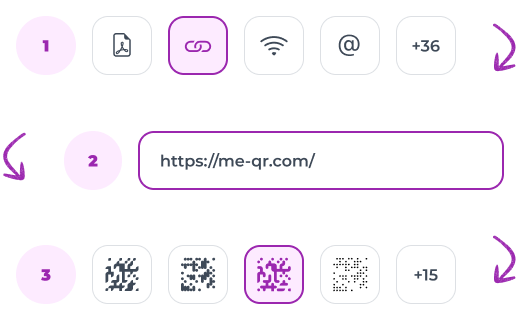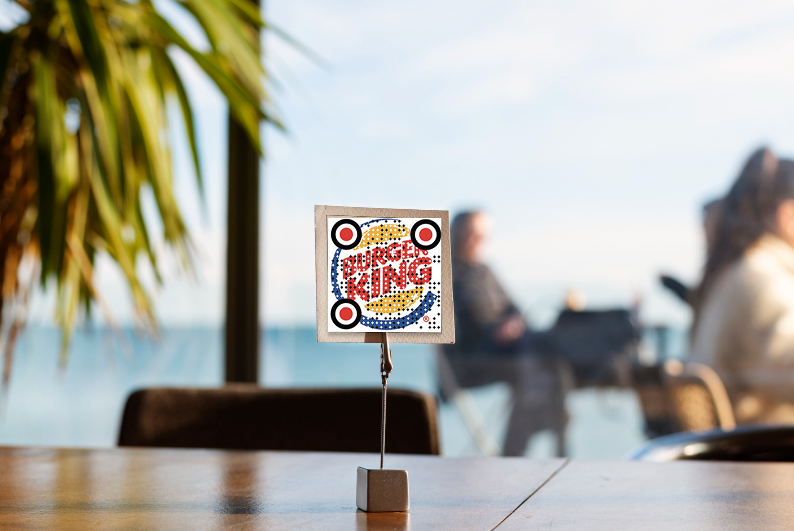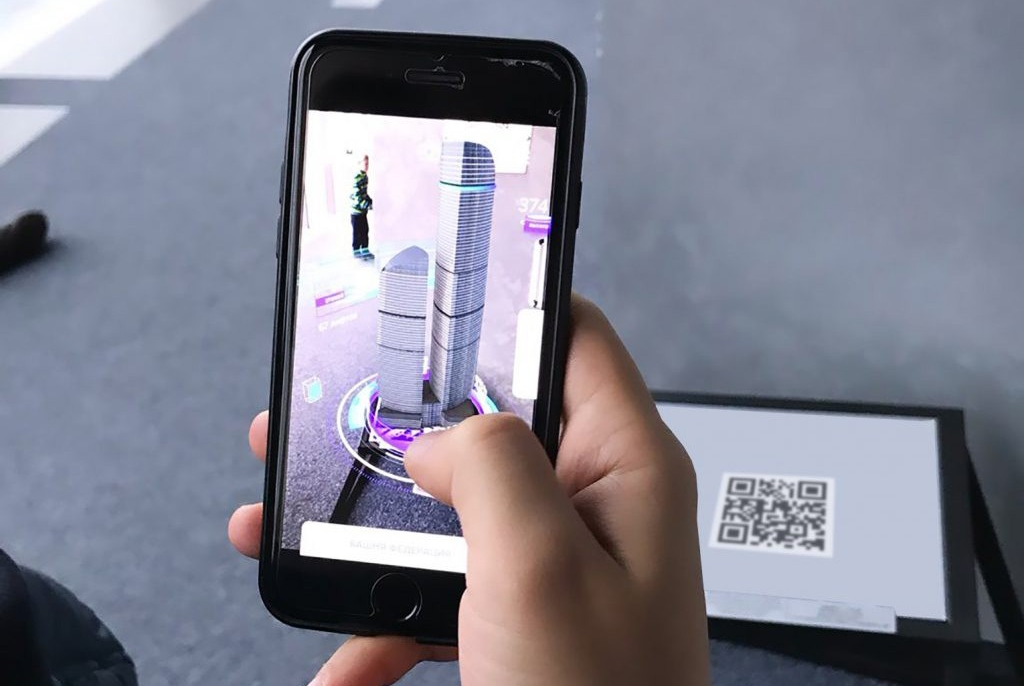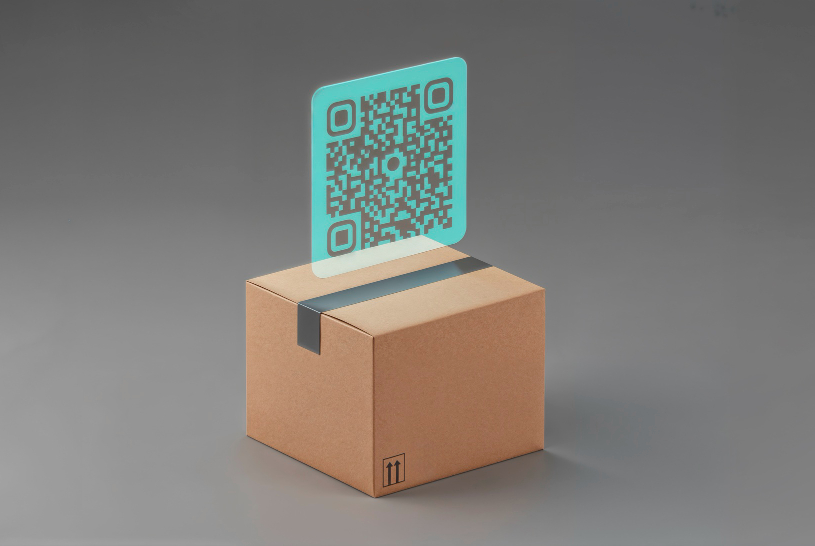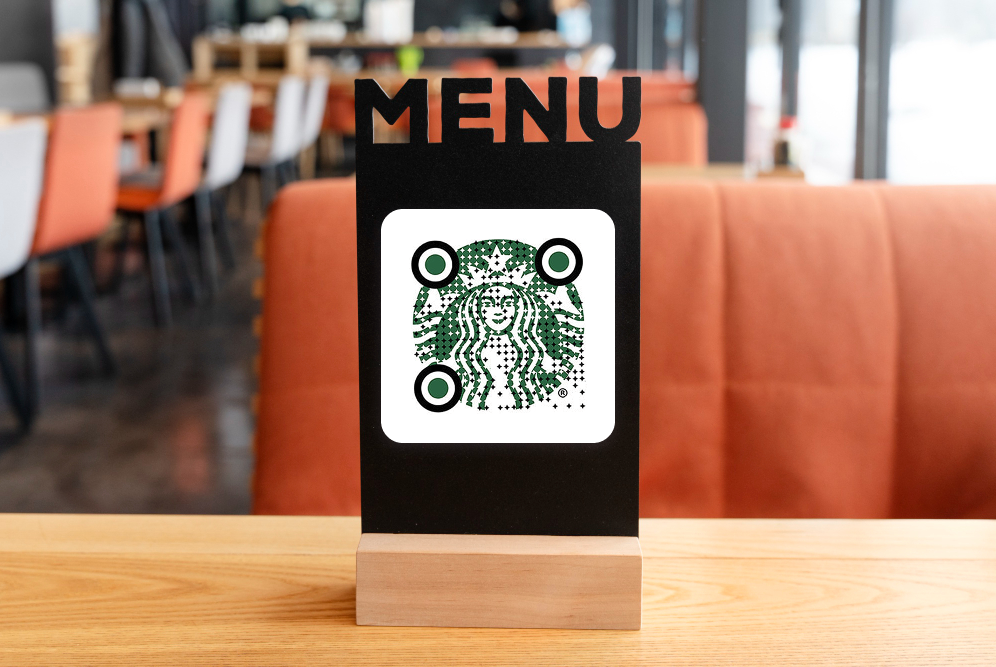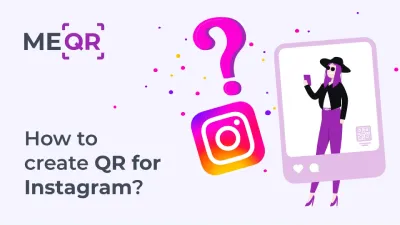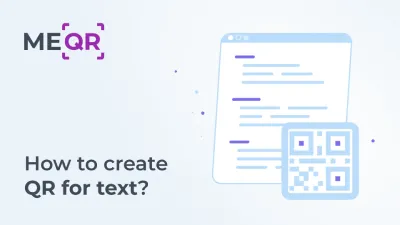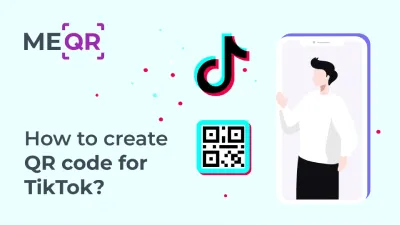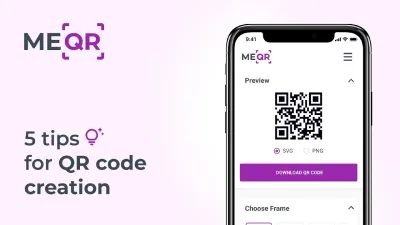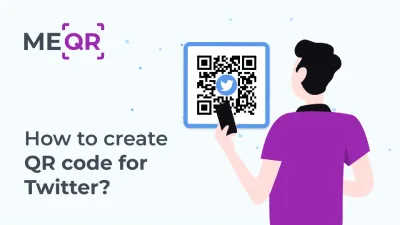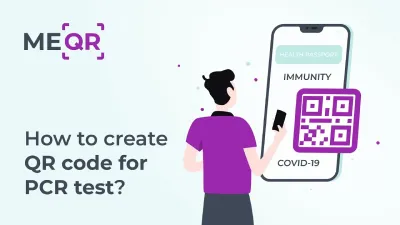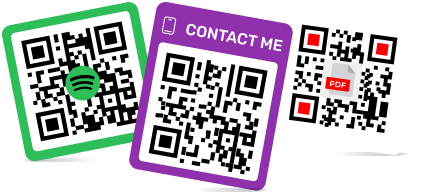Who Invented the QR Code: the History of QR Codes Creation
To create a QR code for a link, video or picture - click on the button below.

QR codes stand as ubiquitous symbols of convenience, linking physical objects to digital information seamlessly. These square-shaped codes, consisting of black modules arranged in a square grid on a white background, have permeated various aspects of our lives, from advertising and marketing to inventory management and healthcare. This comprehensive article delves deep into the QR history, shedding light on the key players and pivotal moments that shaped their trajectory.
What Are QR Codes?
Before delving into the intricate details of the history of the QR code, it's essential to grasp the fundamental concept of what QR codes are and how they function. QR, short for Quick Response, codes are two-dimensional barcodes capable of storing various types of data, including logo, Wi-Fi, and custom URL. Structured in a grid pattern, QR codes contain black squares arranged on a white background, with a distinct square alignment pattern in three of the corners, allowing for rapid scanning and decoding.


When were QR codes invented?
The genesis of the QR code can be traced back to the early 1990s, a period marked by significant advancements in information technology and data management. Emerging from the automotive manufacturing sector, QR codes were initially conceived as a means to streamline inventory tracking and logistics processes. The need for a more efficient data encoding and retrieval system spurred the development of QR codes, paving the way for their eventual proliferation across diverse industries and applications.
Who created QR codes?
At the forefront of QR code origin innovation stands Masahiro Hara, a visionary researcher at Denso Wave, a subsidiary of the renowned automotive giant Denso Corporation. Hara's background in engineering and computer science, coupled with his passion for innovation, led him to explore more efficient methods of data encoding and retrieval. He recognized the limitations of linear barcodes and envisioned a two-dimensional code that could store significantly more information and withstand damage.
Hara's conceptual brilliance is evident in the core principles that underpin QR codes. He devised a system of error correction, which incorporates redundant data into the code itself. This redundancy allows the code to be read accurately even if parts of it are obscured or damaged. Hara ensured that QR codes could be scanned rapidly from various angles, making them ideal for fast-paced applications.


Denso Wave, on the other hand, played a critical role in the history QR codes as it brought Hara's vision to life. The company's commitment to research and development provided the resources and infrastructure necessary to refine the QR code concept. Denso Wave's engineers tackled the challenges of miniaturization, ensuring that the codes could store a significant amount of data within a small footprint. They also addressed the need for standardization, collaborating with industry partners to establish a universal QR code format that could be adopted by any organization.
Through Denso Wave's strategic foresight and tireless efforts, QR codes evolved from a promising concept into a commercially viable technology. The company actively promoted QR codes to potential users across various industries, highlighting their versatility and efficiency.
By fostering a collaborative environment and prioritizing open standards, Denso Wave ensured the widespread adoption of QR codes, paving the way for their transformative impact on the world. Thanks to that, now you can use tools like ME-QR to generate QR codes!
QR Codes History: Key Milestones
The evolution of QR codes has been punctuated by several key milestones, each contributing to their growing prominence and utility in the digital landscape. From their inception to the present day, these milestones have marked significant advancements in QR code technology and adoption, shaping their trajectory and impact on society at large:

1994: Denso Wave pioneers the development of the first QR code, optimizing it for high-speed readability and data capacity;

2000: QR codes receive ISO standardization, establishing them as a universal data encoding format recognized worldwide;

2002: the integration of QR code scanning functionality into mobile phones revolutionizes consumer interaction with QR codes, paving the way for widespread adoption;

2011: QR codes experience a surge in popularity driven by their integration into marketing, payment, and augmented reality experiences;

2020: the COVID-19 pandemic accelerates the adoption of COVID testing QR code, contactless transactions, and digital check-ins.
These key milestones underscore the transformative journey of QR codes, from the date when was the qr code invented and the person who invented QR code to their integral role in shaping the digital landscape of today and tomorrow.
QR Code Expansion
In recent years, QR codes have witnessed an unprecedented surge in popularity, fueled by advancements in mobile technology and changing consumer behaviors. The unparalleled convenience and versatility offered by QR codes have made them indispensable tools across a myriad of industries and applications, ranging from marketing and retail to logistics and healthcare. As businesses and organizations adapt to the demands of a digital-centric world, QR codes have emerged as invaluable assets, enabling seamless interactions and transactions in both physical and virtual realms.
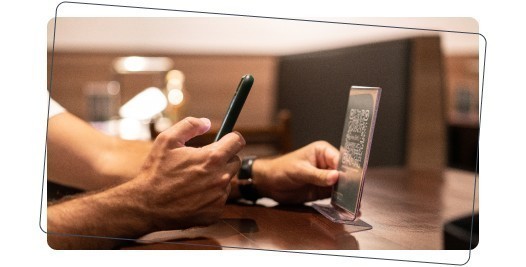
Why use a QR code?
The applications of QR codes are as diverse as they are expansive, spanning a multitude of industries and use cases. From enhancing consumer engagement to optimizing operational efficiency, QR codes have found their place in a wide array of applications, revolutionizing processes and experiences across various sectors.

Marketing and Advertising
In the realm of QR code innovation, QR codes serve as powerful tools for driving consumer engagement and interaction. By embedding QR codes in social media and print, brands can seamlessly bridge the gap between physical and digital worlds, offering consumers instant access to product information, promotional offers, and immersive experiences.

Retail and E-commerce
In the retail and e-commerce landscape, the QR code concept plays a pivotal role in streamlining transactions and enhancing the shopping experience. From mobile payments and digital coupons to product authentication and inventory management, QR codes empower retailers to deliver seamless and personalized experiences to customers, driving sales and loyalty in the process.

Logistics and Supply Chain Management
In logistics and supply chain management, QR code implementation serves as an indispensable tool for inventory tracking, asset management, and supply chain optimization. By encoding vital information such as product details, shipment status, and maps, QR codes enable organizations to achieve greater visibility and control over their operations, enhancing efficiency and reducing costs in the process.
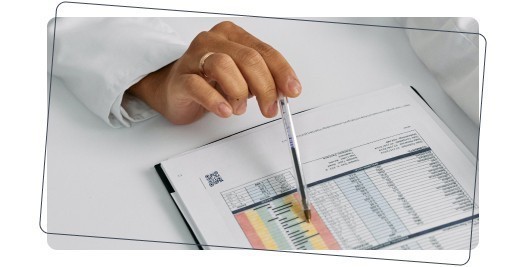

Healthcare and Wellness
QR codes facilitate a myriad of applications, ranging from patient identification and medical record management to medication tracking and telehealth services. By leveraging QR codes, healthcare providers can streamline administrative processes, improve patient care, and enhance overall efficiency in healthcare delivery.
Conclusion
The QR code development represents a significant milestone in the evolution of information technology, heralding a new era of connectivity and convenience in the digital age. From their humble beginnings as tracking tools in automotive manufacturing to their widespread adoption across diverse industries and applications, QR codes have reshaped the way we interact with data and information, offering unparalleled efficiency, accessibility, and versatility in the process.
As we reflect on the history of QR codes and their transformative impact on technology, business, and society, one thing remains abundantly clear: their journey is far from over. With continued advancements in technology and innovation, the potential applications of QR codes are limitless, promising to further revolutionize how we engage with the world around us. As we embrace the opportunities and challenges that lie ahead, let us not forget the pioneering spirit and visionary ingenuity that brought QR codes to life, shaping the course of history in the process.

